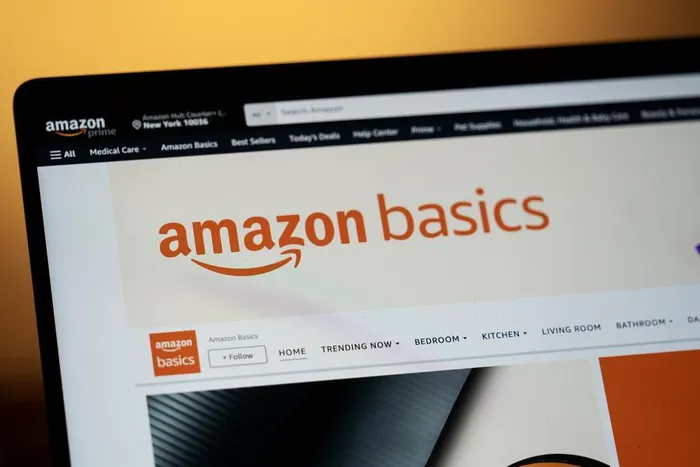
This photo taken in September, shows the Amazon online shopping website.
Image: XINHUA
Amazon’s $25 million stake in Colombian delivery company highlights its ambitions in Latin America, but Mercado Libre remains dominant.
Amazon has entered into a deal with Colombian delivery platform Rappi, acquiring convertible notes worth $25 million that could later be turned into equity. According to sources, this arrangement could give Amazon up to a 12% ownership in the startup, although the U.S. tech giant has yet to confirm its intentions.
Despite the move, analysts believe the agreement will have little short-term effect on Mercado Libre, the leading e-commerce player in Brazil and Latin America. For Amazon, the investment represents a relatively small sum, while for Rappi it offers access to a potential strategic partner in last-mile delivery—a service Amazon masters in the U.S. but still lags behind in Brazil.
Rappi, however, operates on a smaller scale than Brazilian rivals such as iFood and is also under pressure from new competitors like Keeta, Meituan’s international arm, which plans to expand into Brazil by November. This timing suggests Amazon may have entered the market late and chosen a partner facing increasing challenges.
A report from Santander’s research division emphasized that Mercado Libre’s broad ecosystem; spanning advertising, logistics, payments, and credit; makes it well insulated from Amazon’s latest move. With its stronger warehousing, shipping, and financial infrastructure, Mercado Libre has consistently outperformed Amazon since the latter entered Brazil 13 years ago. Analysts believe stronger competition may only emerge after 2026, once rivals scale up their operations.
The competitive landscape is also being reshaped by Shopee, the Southeast Asian platform owned by Sea Group. Since entering Brazil in 2020, Shopee has grown rapidly, in some estimates even surpassing Amazon’s gross merchandise value in the country. That would leave Amazon trailing in third place behind Shopee and Mercado Libre in Latin America’s biggest market.
Industry insiders suggest that Amazon’s global strategy in recent years has shifted toward Africa, reducing its focus on Latin America. Even so, Rappi’s ultra-fast “Turbo” delivery service and its growing financial offerings could complement Amazon’s presence. In Mexico, Amazon Prime already includes free Rappi deliveries for a year, showing how the partnership could expand regionally.
Santander noted that while the current deal has minimal impact, it marks the beginning of a transition where e-commerce competition is moving from logistics scale toward faster delivery density.
Meanwhile, Mercado Libre is broadening its footprint in Brazil by entering the pharmaceutical market. It recently acquired Cuidamos Farma, a São Paulo-based pharmacy linked to the health-tech firm Memed. While the company confirmed only the purchase of the pharmacy, market watchers expect a broader partnership with Memed, which leads Brazil’s digital prescription sector.
Mercado Libre is known for pursuing acquisitions only when they align with long-term strategy. By tapping into Memed’s extensive customer base, the company could accelerate its growth in digital health services—a sector that Amazon has yet to prioritize locally.
This move underlines Mercado Libre’s continued lead over Amazon in Brazil and signals that competition in e-commerce and adjacent industries remains fluid, with new opportunities for partnerships and acquisitions likely ahead.
Written By:
*Dr Iqbal Survé
Past chairman of the BRICS Business Council and co-chairman of the BRICS Media Forum and the BRNN
*Cole Jackson
Lead Associate at BRICS+ Consulting Group
Chinese & South American Specialist
** MORE ARTICLES ON OUR WEBSITE https://bricscg.com/
** Follow https://x.com/brics_daily on X/Twitter for daily BRICS+ updates
Related Topics: